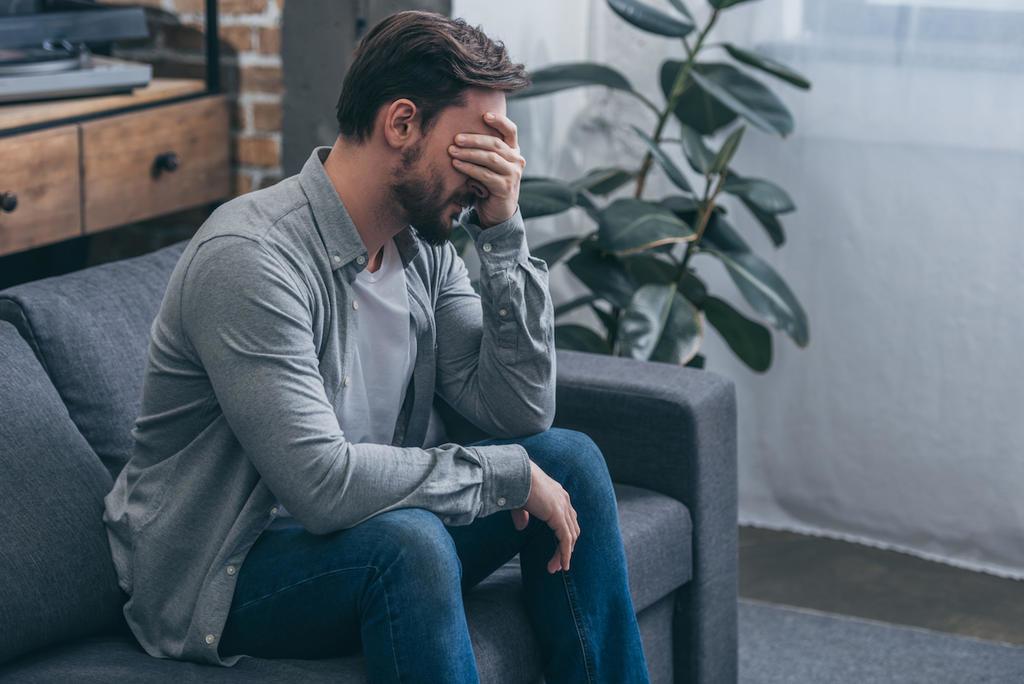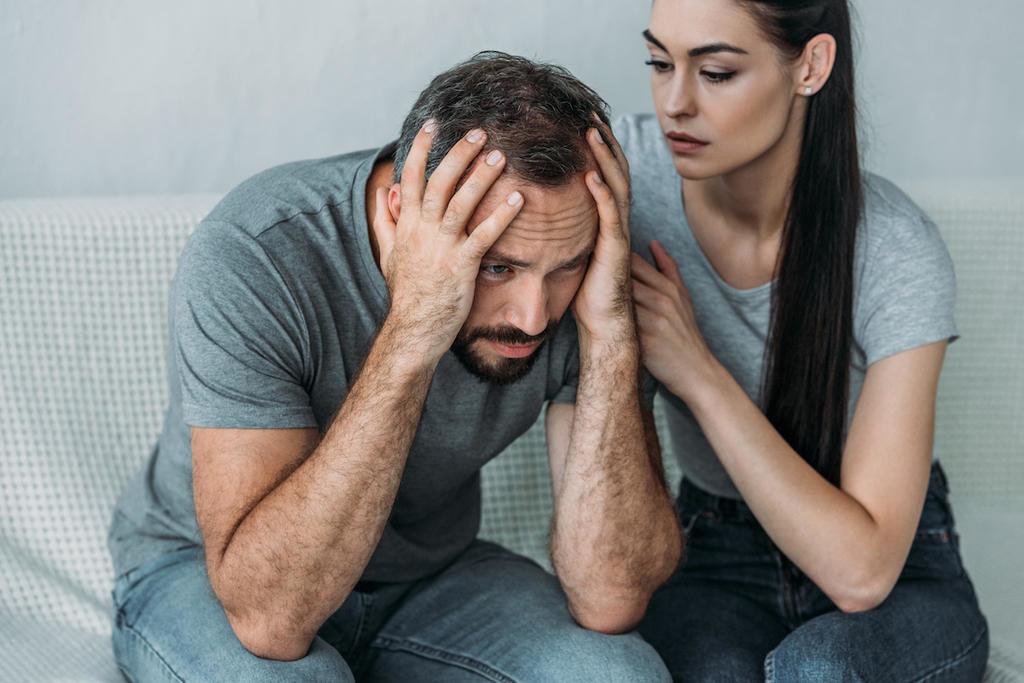Anxiety is a Potentially Debilitating Disorder
Are you experiencing excessive nervousness, but unsure why? Do you fear being around other people and worry about what they will judge you for? Are your thoughts constantly filled with apprehension and worry? You might be struggling with an Anxiety Disorder.
What is Anxiety?
Anxiety is a normal bodily response that activates adrenaline in our body to a situation that seems dangerous. It triggers an early warning system within us to either stay and fight or to run and avoid the scenario. For example, if you are coming home late from work and you are tired, but you notice a large shadow behind you, anxiety would kick in and you would probably rush a little faster to your car. Or if you have a deadline on a project, and you are a little anxious about getting it done on time, chances are, your body would produce higher levels of adrenaline giving you that extra energy and loss of sleep to get it done.
Usually, with these types of scenarios, the anxiety would fade once the stressful situation had passed. Anxiety is when these same stress type responses don’t go away, or when they do happen, there is no trigger or cause that you can pinpoint. Millions of Australians suffer from anxiety disorders, and it is often accompanied with other mental health disorders such as depression.
Anxiety can affect a persons ability to sleep, eat, concentrate, perform daily tasks, maintaining meaningful relationship, academic performance or even maintain stable employment. It can alter how a person processes emotions, thoughts or behaviours and can also cause physical symptoms. Everyone experiences anxiety from time to time, but for someone who is anxious all the time, these factors become difficult to control. Symptoms can vary from person to person, but might include, racing heart, rapid breathing, sweaty palms, feeling of queasy stomach, inability to eat or sleep, excessive worrying, feelings of fear, trembling, and feeling dizzy or out of control.
There are a few types of Anxiety Disorders, and they are all treatable with the right psychological approach;
Generalised anxiety
This is when a person feels anxious on most days, and thoughts are predominately worrying about the anxiety or other things in their life, for a period longer than six months. It may be triggered by sudden life events which may have occurred for the person.
Social Anxiety
The anxiety is predominately a fear of being judged, embarrassed, mocked, or humiliated by others.
Panic Disorder
The person usually experiences ongoing panic attacks accompanies by feelings of fear about experiencing more panic attacks.
Specific Phobias
A person feels fearful about a particular object or situation and may have extreme emotional reactions when faced with those or even the thought or image of those objects or situations (e.g. snakes, spiders, birds etc..)
Obsessive Compulsive Disorder (OCD)
The person has ongoing unwanted or intrusive thoughts that cause anxiety. Often a person will try to relieve the anxiety by carrying out certain rituals (ie. fear of germs can lead to wiping all surfaces one touches)
Post Traumatic Stress Disorder (PTSD)
This person has usually experienced a traumatic event (ie. Accident, assault, natural disaster, war), that has threatened the sense of self. Symptoms although different from other types of anxiety disorders have characteristics of intrusive and unwanted thoughts such as upsetting dreams, flashbacks and avoidance of anything that brings back those memories.
What Causes Anxiety?
Usually, there are several factors at play as to what causes anxiety, such as genetics, family history with anxiety, health issues, exposure to ongoing stress, substance use and personality factors. Anxiety disorders are likely to develop over time and are usually accompanied by unhelpful thinking patterns.
What Can I do now?
There are a range of anxiety management strategies to help you try to manage your anxiety. Different strategies work for different people, and all these strategies take time to master. Remember to start out with small steps, if they feel too overwhelming.
- Be a Scientist: Without being judgemental take the stance of a scientist in understanding your anxiety, the thoughts and emotions attached to it and when it shows up or triggered
- Get moving: Try increasing the amount of physical activity you do, It helps to boost feel-good hormones to reduce the feelings of anxiety, as well as build confidence. The activity can be vigorous or relaxing such as yoga
- Mindful thinking: Think about the ‘here and now’: Try and control your thoughts to what’s happening in the room around you, it’ll help you take control of your thoughts in small steps. For example, look at a tree outside, what colour are the leaves, do they have a texture you can imagine, what does each leaf look like, etc.
- Control your In and Out Breathing: Often when we are anxious our breathing becomes fast and short, sometimes when we breathe in longer slower breathes our brain registers that there is nothing to worry about anymore. Try In 1…2…3…4..5.., Out 1…2…3…4….5.
- Externalise the anxiety: Remember the anxiety isn’t you, its something you are struggling with, imagine it as an entity outside you, what might it look like?
- Be your best friend: Remember to be compassionate and kind with yourself, like you would if a friend needed your support in times of high anxiety or stress.
Anxiety is treatable and manageable, and the sooner you seek treatment from a mental health professional the sooner you can begin to manage your symptoms and get back to enjoying life.



